HPLC Method Reliability
This learning path on HPLC method reliability covers robustness, precision, accuracy, and reproducibility. It includes system suitability testing, column stability, mobile phase consistency, and instrument performance monitoring. Practical strategies focus on minimizing variability, troubleshooting inconsistencies, and ensuring compliance with regulatory guidelines for dependable analytical results.
2 Modules 4 Webcasts 1 Quick Guide

7 Items

Troubleshooting HPLC Method Reliability
Reliable methods are essential to produce data we can trust. Whether you are designing methods or transferring methods from another lab, this training will ensure that you know which areas of the HPLC method are likely to cause the most problems allowing you to successfully troubleshoot method related problems.
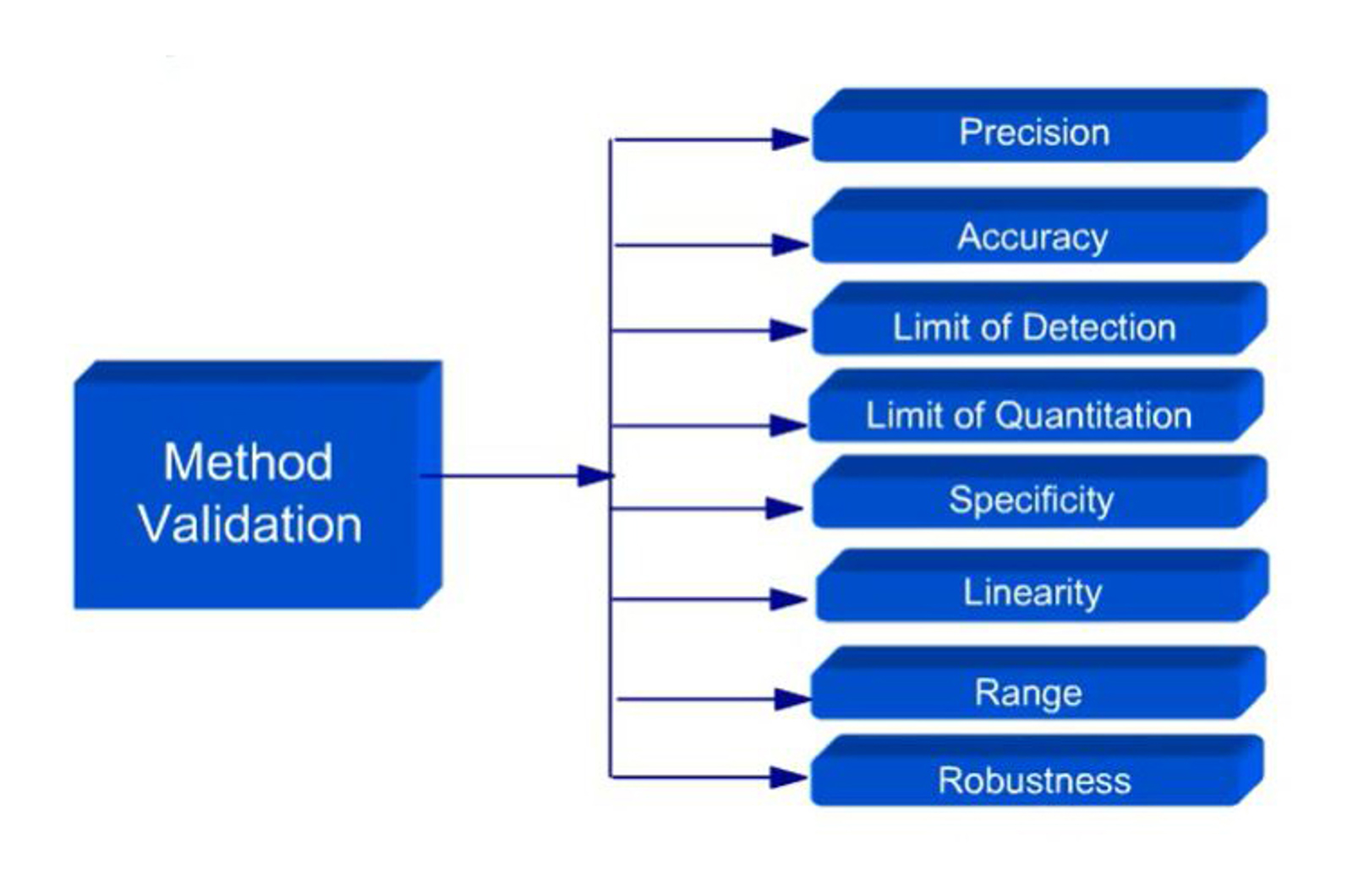
Method Validation - Principles
This module introduces the principles of analytical method validation. Each of the key parameters which are tested during a validation protocol are discussed in order to provide an understanding of what is being asked of the analyst and analytical method.
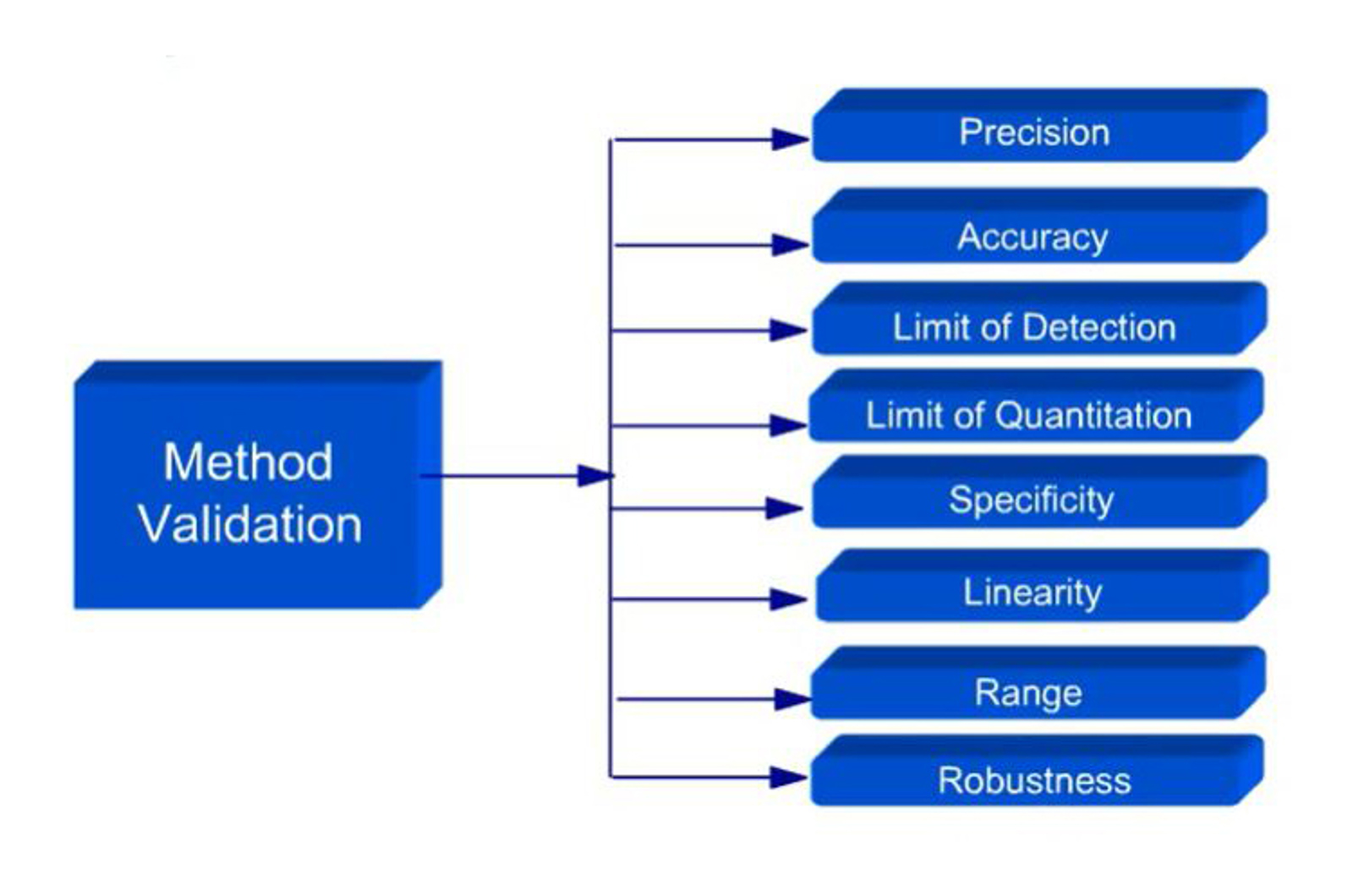
Method Validation - Technique
This module will walk you through the technique of method validation. Experimental design and analysis of the data it produces will be discussed in relation to the method parameter it is designed to assess.
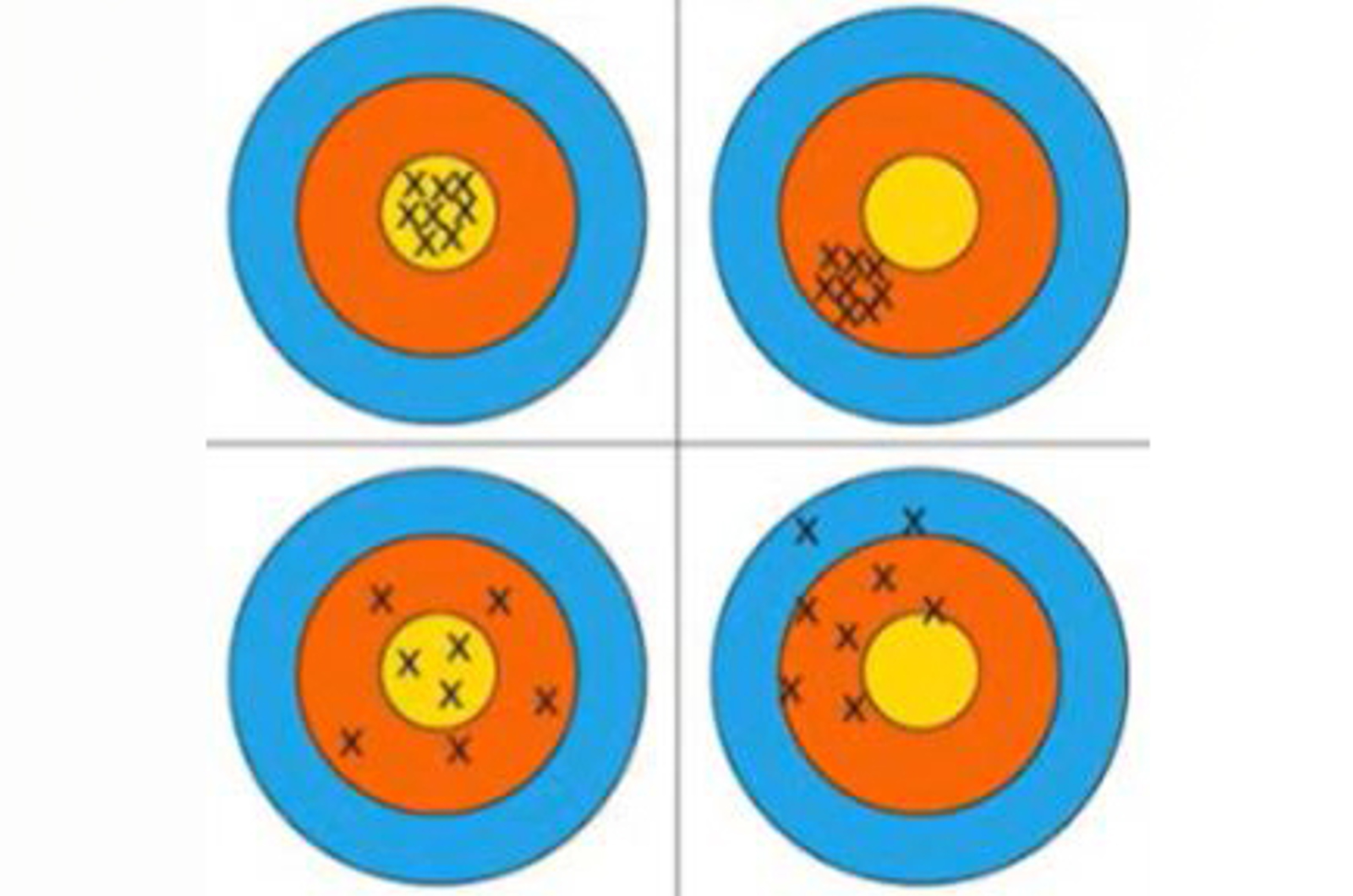
Chromatographic Method Validation
In this webcast, our speakers present an introduction to chromatographic method validation.
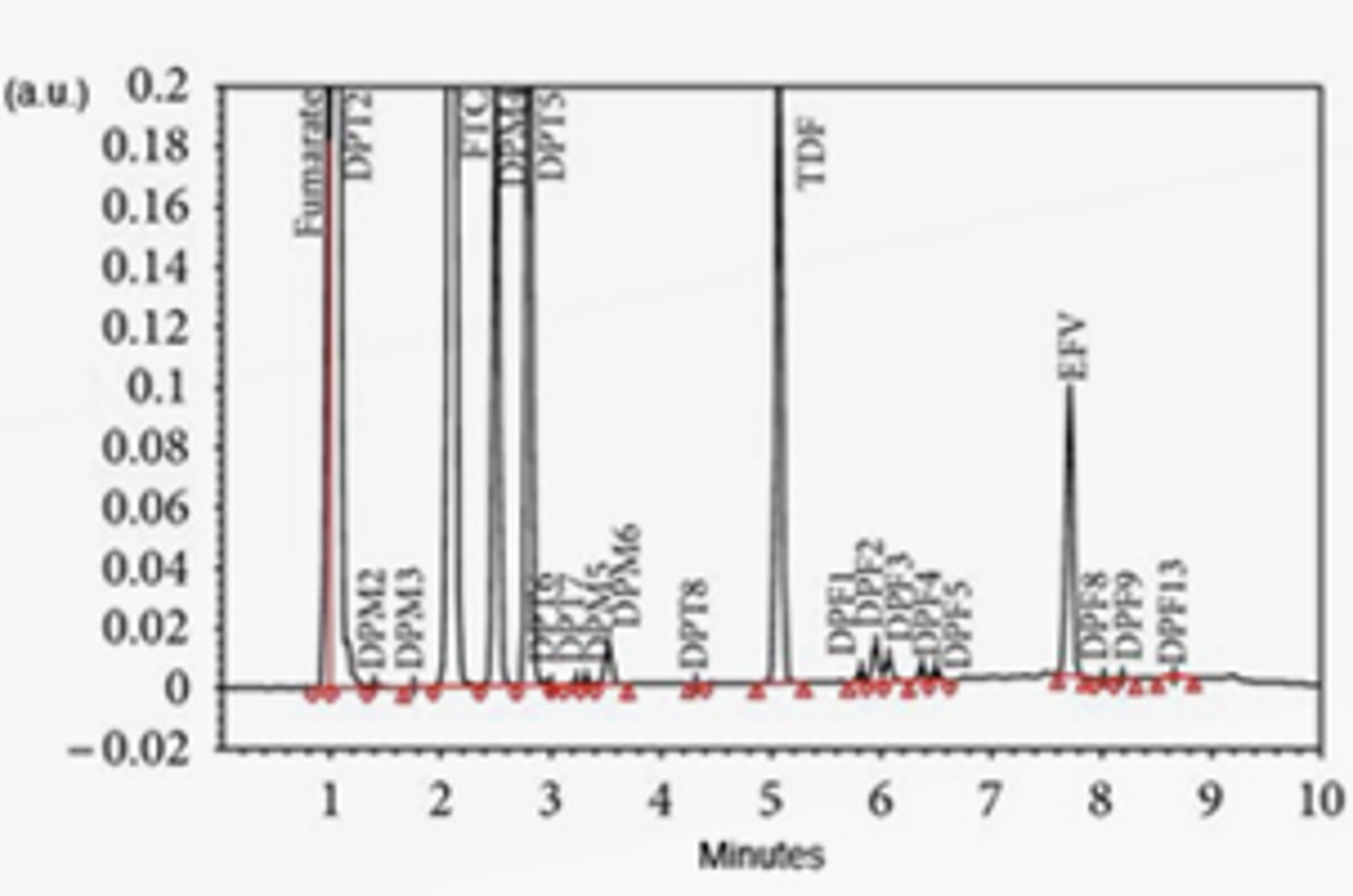
Setting HPLC Chromatographic Parameters
Whether you work in a regulated environment or not, setting chromatographic performance targets can help to keep us focussed. Let’s consider how to set these targets and examine some real life examples that may not always follow the rules.
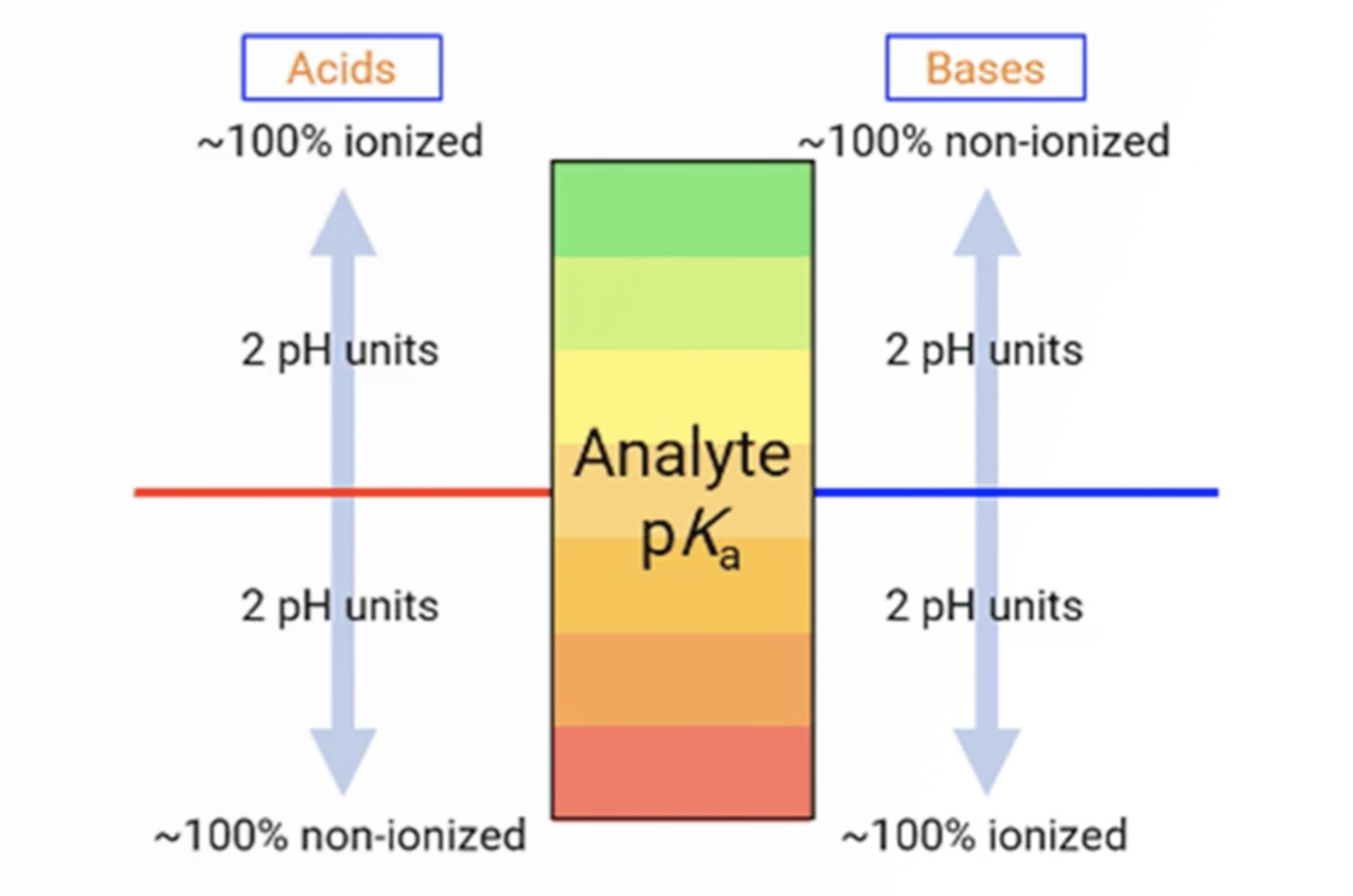
Mobile Phase Optimization Strategies for Reversed Phase HPLC
This webcast will look at strategies for optimizing mobile phase composition in order to achieve the required resolution in the minimum amount of time. This is, of course, the primary goal of everyone undertaking method development. The chemistry of the aqueous and organic portions of the mobile phase will be studied, and we will discuss how to use these components to affect retention and improve the selectivity and resolution within our separations.
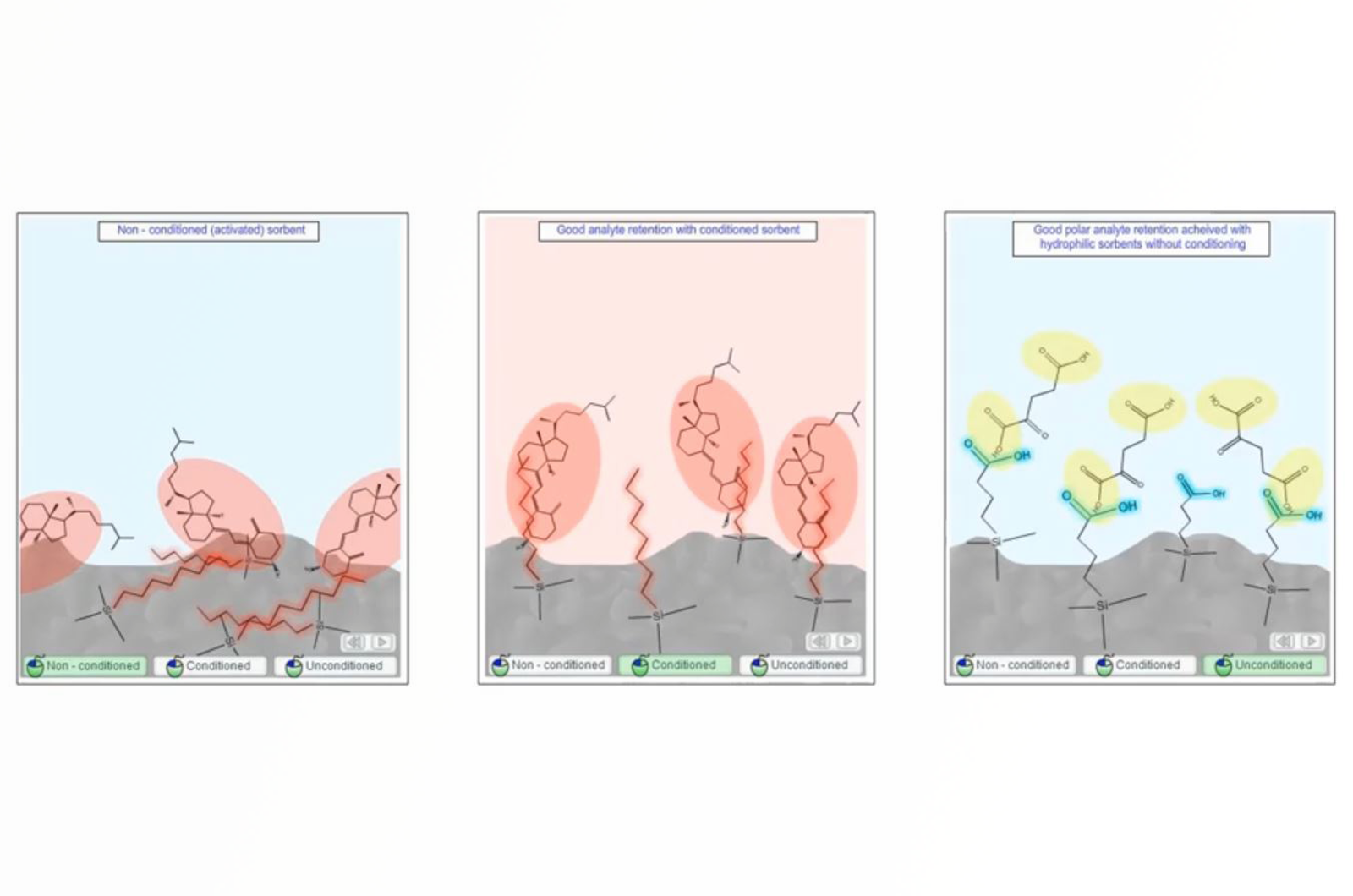
Choosing the Correct Sample Preparation Technique
This webcast will provide details of sample preparation techniques and guide you towards the correct method for your sample; whether it is a simple liquid/liquid extraction or a more complex solid phase extraction. It is explained what sample preparation techniques are available, and how to choose the correct method.
